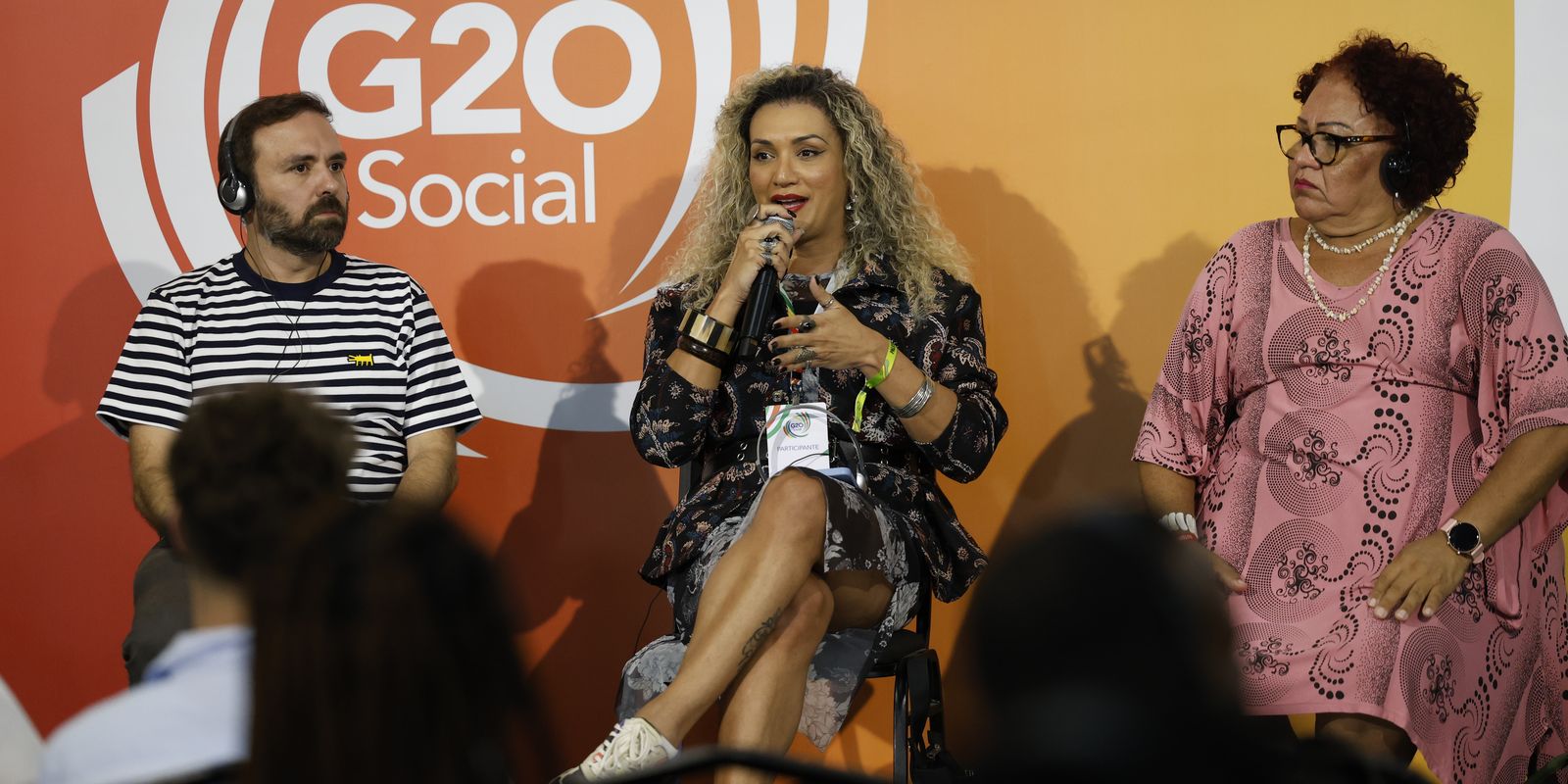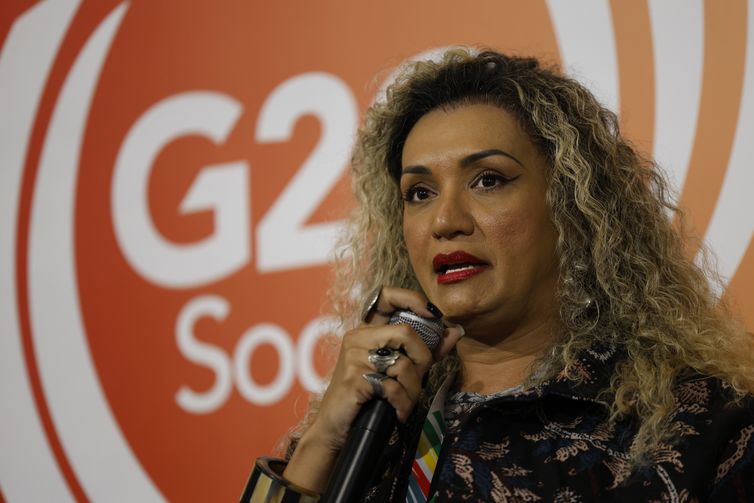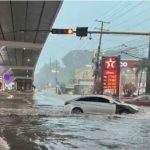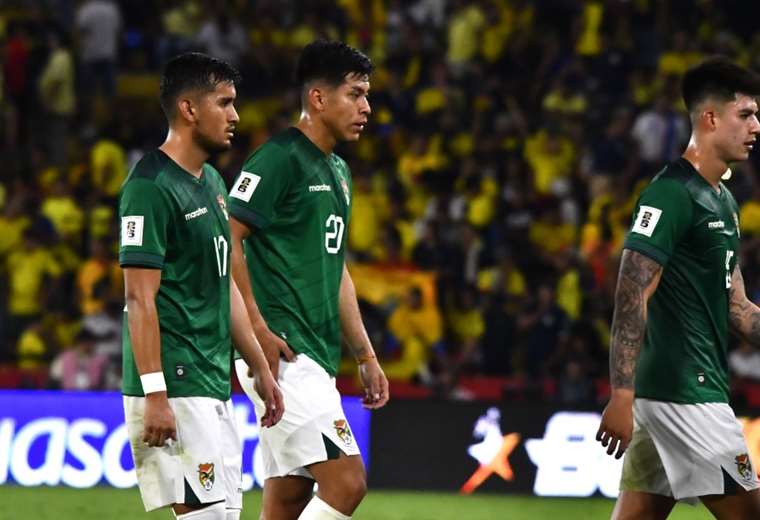In the midst of the biggest flood of the century in Rio Grande do Sul, trans people who lost their homes and everything they had, still had to face prejudice in shelters and the difficulty of accessing public services. They often disrespected their social name, that is, the name by which they prefer to be identified and which is their right.
The report, made this Friday (15), at the G20 Social, in Rio de Janeiro, is from members of lesbian, gay, bisexual, transgender, intersex and other (LGBTI+) movements who participated in the Environmental Tragedies activity and the impact for the LGBTI+ population.
The discussion highlighted a term that has become increasingly known and evident: environmental transphobia. According to the debaters, among the LGBTI+ population, the trans population suffers most from a lack of access to rights and public services, especially in the midst of tragedies. The term is based on the concept of environmental racismwhich – existing since the 1980s – is used to illustrate how environmental degradation and catastrophes – floods, droughts, contamination – more severely impact populations on the outskirts.
“The population on the outskirts is the most affected, especially transvestites. They are the ones who have the most difficulty accessing emergency aid and accommodation. When they leave the places where they live and their homes to go to collective spaces, people often do not want to share space with transvestites. It is great violence and discrimination in the life of a person who has already suffered, who has already lost their own things. When seeking shelter in this context of vulnerability there is still the process of exclusion”, says the vice-president of the Brazilian Association of Lesbians, Gays, Bisexuals, Transvestites, Transsexuals and Intersexes (ABGLT), Keila Simpson.
The president of the National Association of Transvestites and Transsexuals (Antra), Bruna Benevides, states that the association held a seminar to discuss the impacts of the tragedy in Rio Grande do Sul and listen to the trans people affected. “It was a worrying scenario. At that time, people were going through a tragedy and trans people were not able to collect hygiene kits or basic food baskets. They were delivered to military units and these people were being banned from entering barracks”, he reports.
Benevides highlights that environmental transphobia is “this factor that ended up worsening physical and mental health precisely because they were unable to access, even in a scenario of tragedy, basic services and rights”.
According to the president of ABGLT and director of the International Association of Lesbians, Gays, Trans and Intersex People (ILGALAC) for Brazil, Victor de Wolf, based on the activities and dialogues at G20 Social, the intention is to organize a document with the main demands of the LGBTI+ population. They will be taken to world leaders in the coming days.
He argues that the participation of the LGBTI+ population in spaces for international discussion is important. It is necessary to “understand the participation of civil society as a mechanism and how it is possible, through pressure, how it can influence international mechanisms and influence government decisions and work with institutions”, he emphasizes.
Prioritizing the LGBTI+ population
Present at the debate, the director of Youth in Canoas (RS), Lucas Porto, said that, during the floods that hit Rio Grande do Sul, the city council sought to serve the LGBTI+ population in the municipality. This was possible thanks to a forum with more than 100 LGBTI+ members.
“We use the forum because it is a large network where everyone knows each other in the city. At first, we wanted to make sure that everyone on the forum was safe and well. Then, ensure that they were able to remain in those spaces safely and with dignity”, he details.
With the network, it was possible to provide assistance and check how those people who were part of the group were doing. Including ensuring that they were able to access municipal, state and federal benefits. According to him, there were no incidents of LGBTphobia in shelters or care spaces.
“I am in public power, but I am also an LGBT boy. I also have my goals and rights that I want to achieve”, he reveals.
In Contagem (MG), the emphasis is on preventive actions against natural disasters. “To contain and even mitigate some risks, the training of the population is very strategic, especially this population that lives in vulnerable territories”, emphasizes the deputy secretary of Youth at ABGLT and State coordinator of the Afro LGBT network, Thiago Santos, who worked at the Civil Defense in the municipality.
For Santos, attention to the LGBTI+ population and awareness of the various government bodies and organizations that provide assistance in crises are essential for this population.
“It is important to say that people, regardless of the scenario they are going through, they need your service there, including to survive. In a disaster, she does not cease to be an LGBT person, she does not cease to have the right to a social name, she does not cease to have the right to use the bathroom of the gender with which she identifies, among other services. The demarcation of this place is important because just because an environmental disaster occurs, a person cannot be addressed by their social name, for example. Therefore, it is very important for us to highlight the LGBT population in the work of Civil Defense and other bodies”, he highlights.
G20 Social
The G20 Social It is an environment to encourage the participation of organized civil society that takes place until this Saturday (16), on the eve of the G20 summit meeting, a group that brings together the world’s main economies. The debates – promoted by social movements and non-governmental organizations (NGOs) – take place in warehouses and warehouses in the port region of Rio de Janeiro.
The Group of 20 (G20) is the main forum for international economic cooperation. It is made up of Argentina, Australia, Brazil, Canada, China, France, Germany, India, Indonesia, Italy, Japan, Republic of Korea, Mexico, Russia, Saudi Arabia, South Africa, Turkey, the United Kingdom and the United States, in addition to European Union.
The group’s members represent around 85% of the world economy, more than 75% of global trade and around two-thirds of the planet’s population.


















